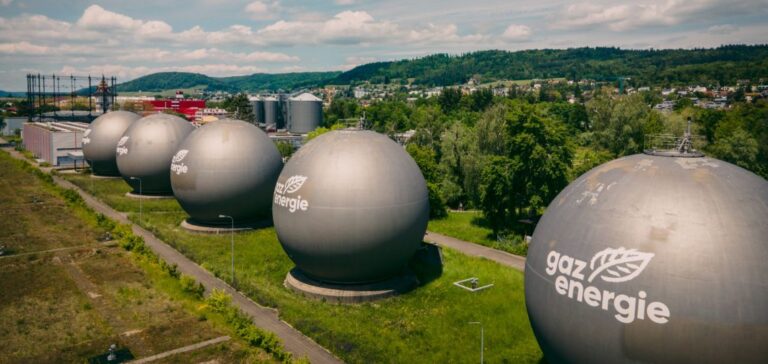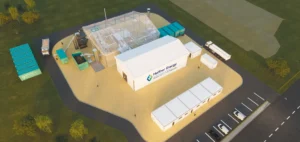Minéraux Stratégiques Abitibi (MSA) announced it has reached a preliminary milestone in its renewable energy project in Amos, Québec, through the signing of a non-disclosure agreement with the Abitibiwinni First Nation and the City of Amos. The agreement will enable the start of official discussions to jointly develop a biomass power facility on the former Résolu pulp and paper mill site, which the company acquired over the past year.
Infrastructure reuse and forest residue recovery
The proposed project would rely on converting forest residues into energy by modernising an existing industrial boiler. MSA is currently assessing the technical requirements for converting the facility to produce electricity from woody biomass, a resource widely available in the region.
According to MSA President François Vézina, the generated energy could partially meet the future mining site’s needs while producing a surplus that may be distributed through the Hydro-Québec public grid.
Industrial outlook for the Amos region
The project also includes the possibility of installing a heat distribution network near the site, within the J.-E.-Therrien industrial park, an initiative currently under review by municipal authorities. The City of Amos, represented by Mayor and Abitibi RCM Prefect Sébastien D’Astous, expressed interest in this component, citing the potential for local value creation from thermal energy.
The Abitibiwinni First Nation, based in Pikogan, also confirmed its participation in the talks. Chief Chantal Kistabish stated that this represents an initial step toward collaboration that could align with the priorities of the territory and the Indigenous community.
A project aligned with local energy demand
The initiative comes at a time when electricity supply capacity is under pressure in the region. According to MSA, the project could serve as a strategic lever to improve access to energy for businesses in Abitibi-Témiscamingue.
The non-disclosure agreement between the three parties does not yet define a timeline or investment commitment but provides a framework for confidential information sharing and joint analysis of the project’s technical, legal, and commercial feasibility.






















